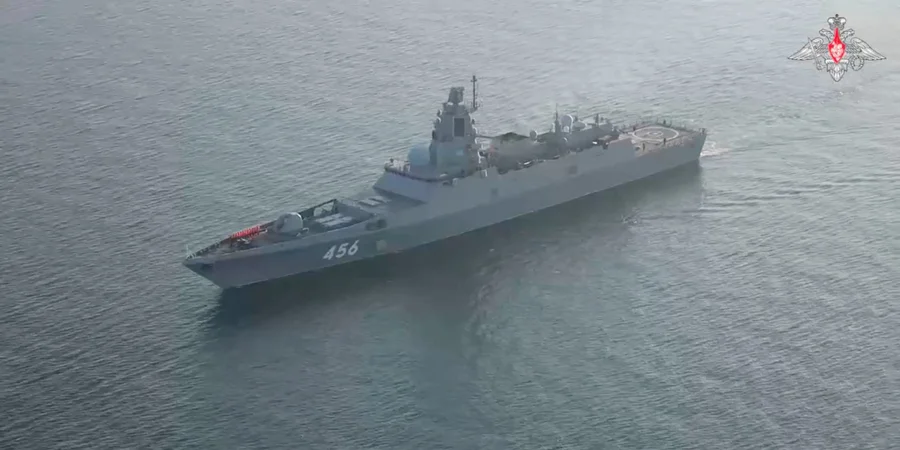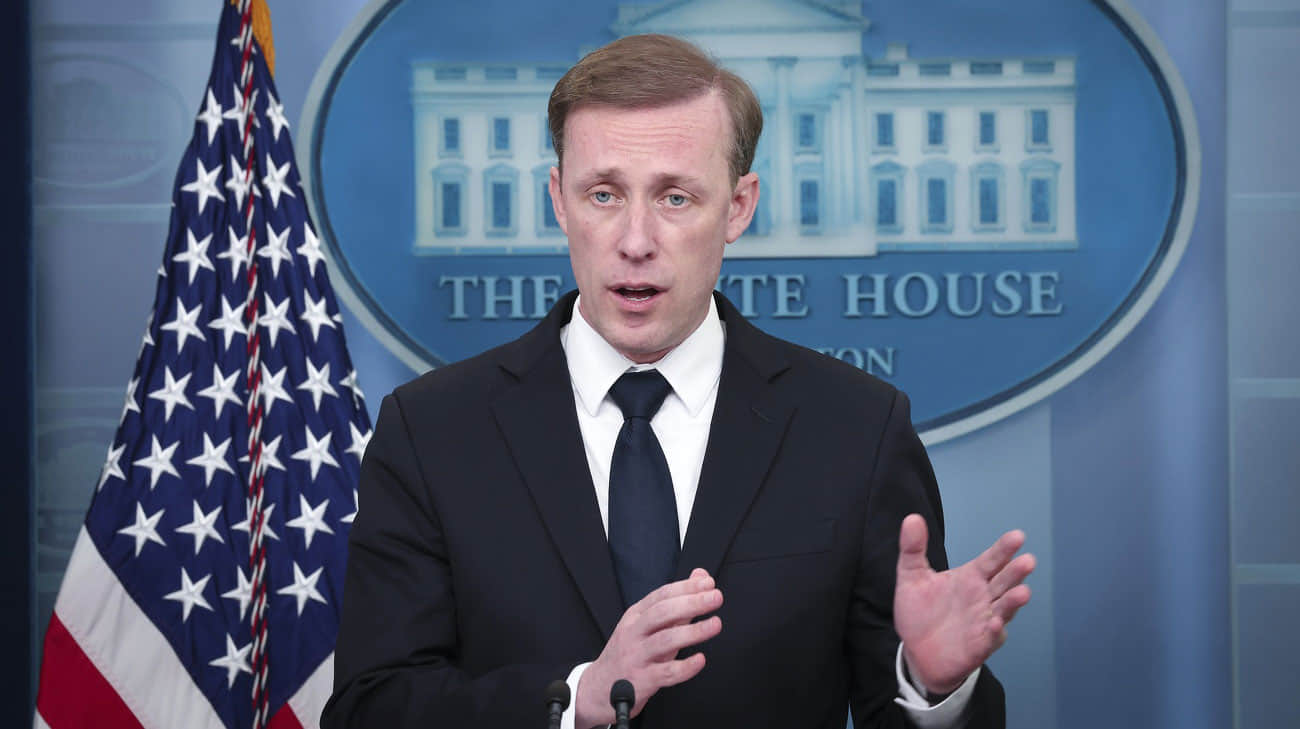US Army Europe Commander: Putin risks losing naval resources in three different regions simultaneously
Putin confronts potential loss of key maritime assets in Syria, Black Sea, and Baltic regions.


Retired US Army Europe Commander Mark Hertling said that Russian President Vladimir Putin faces simultaneous threats to his military maritime assets in the Mediterranean, Black Sea, and Baltic regions.
Russia’s naval assets in these regions are strategically vital for Russia to project military power and maintaining geopolitical influence beyond its immediate borders. The Syrian base in Tartus provides Russia with its only permanent Mediterranean naval presence, enabling power projection and support for allies in the Middle East. Black Sea and Baltic maritime resources serve as critical buffers and strategic access points for potential military operations and regional control.
The most immediate concern appears to be Russia’s naval base in Tartus, Syria, which is reportedly experiencing increased insurgent activity and potential destabilization, Hertling said.
“Putin is truly cornered,” Hertling said. “These bases are critically important in these regions, and the escalation of insurgent activity in northern Syria has intensified his concerns.”
According to The Telegraph, at least two of five Russian naval vessels have already left the Tartus port, underscoring the perceived instability of this strategic Mediterranean location.
The base has been crucial for Russia, serving as its sole Mediterranean repair and resupply point and a key staging area for special forces operations in the Syrian conflict.
Hertling said partial Russian loss of influence in the Black Sea and potential vulnerabilities in Kaliningrad’s Baltic naval resources.
Seth Jones from the Center for Strategic and International Studies highlighted a significant divergence between Russian and Ukrainian perspectives on potential peace negotiations.
“There’s a massive gap between Russians and Ukrainians about what they’re actually willing to negotiate,” Jones explained. “Russians want a weak Ukraine, definitely not a NATO member, and I’m certain they want [President Volodymyr] Zelenskyy to resign. Ukrainians want the opposite.”
Jones, drawing from recent personal observations in Ukraine, stressed Ukrainian desires to increase weapons procurement, seek NATO membership, and maintain a strong government under Zelenskyy’s leadership.
Read also:
- Ukraine calls for maritime monitoring amid Russian attacks on Greater Odesa ports
- Ukrainian maritime kamikaze drones attack Russian corvette in the Black Sea
- Ukrainian maritime drone damages Russian warship in Novorossiysk (VIDEO)



